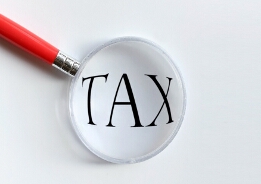Your IRD Number

If you don't nominate the correct RWT rate it could be costing you money
In New Zealand most investment providers (Banks, Companies and Fund Managers) are required by the Inland Revenue Department (IRD) to deduct Resident Withholding Tax, commonly referred to as RWT from taxable income payments they make to you.
The idea behind this is that the tax is paid as you earn it and so you don't have to pay it at the end of the year when (or if) you file your tax return.
It is good for the Government as it gets the money earlier and for you the taxpayer it means that you don't have to find a lum sum at the end of the year.
It is important that you provide your IRD number to you bank and anyone else you have money invested with and nominate the rate at which you want them to deduct RWT. If you don't proivide you IRD number or don't nominate a rate RWT will be deducted at the highest rate of 33%.
If your interest compounds and RWT is deducted at a higher rate than necessary it means you are missing out on the interest on the "extra" RWT that has been deducted and paid to the IRD.
Some people don't mind that as it means there is less likelihood of facing a bill for additional tax at the end of the year, some people even nomiate a rate they know is too high to increase the chances of getting a tax refund. And thats fine as long as you realise that it is costing you money.
For more information see "Make sure you're using the right RWT rate" on the IRD's website
- Last updated on .